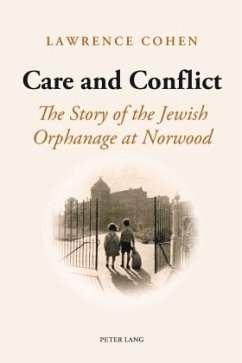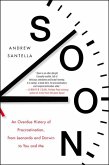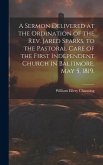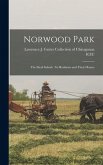Norwood, an Anglo-Jewish childcare institution founded in the late nineteenth century, was one of several hundred such institutions in the UK, but the only Jewish one. Throughout its history, Norwood had the unusual task of adapting its childcare approach to both British and Jewish concerns. This book offers a unique study of one residential child institution within the broader British context, tracing the development of the institution and changing concepts of childcare over nearly one hundred years.
The story of Norwood is told chronologically, beginning with its origins in the early nineteenth century and its growth before the First World War. The inter-war years saw a period of stagnation that paved the way for the post-war revolution in institutional childcare, the demise of the orphanage idea and, with it, the demolition of Norwood. The book provides a narrative of the rise and fall of the childcare institution as much as the story of Norwood.
The story of Norwood is told chronologically, beginning with its origins in the early nineteenth century and its growth before the First World War. The inter-war years saw a period of stagnation that paved the way for the post-war revolution in institutional childcare, the demise of the orphanage idea and, with it, the demolition of Norwood. The book provides a narrative of the rise and fall of the childcare institution as much as the story of Norwood.








